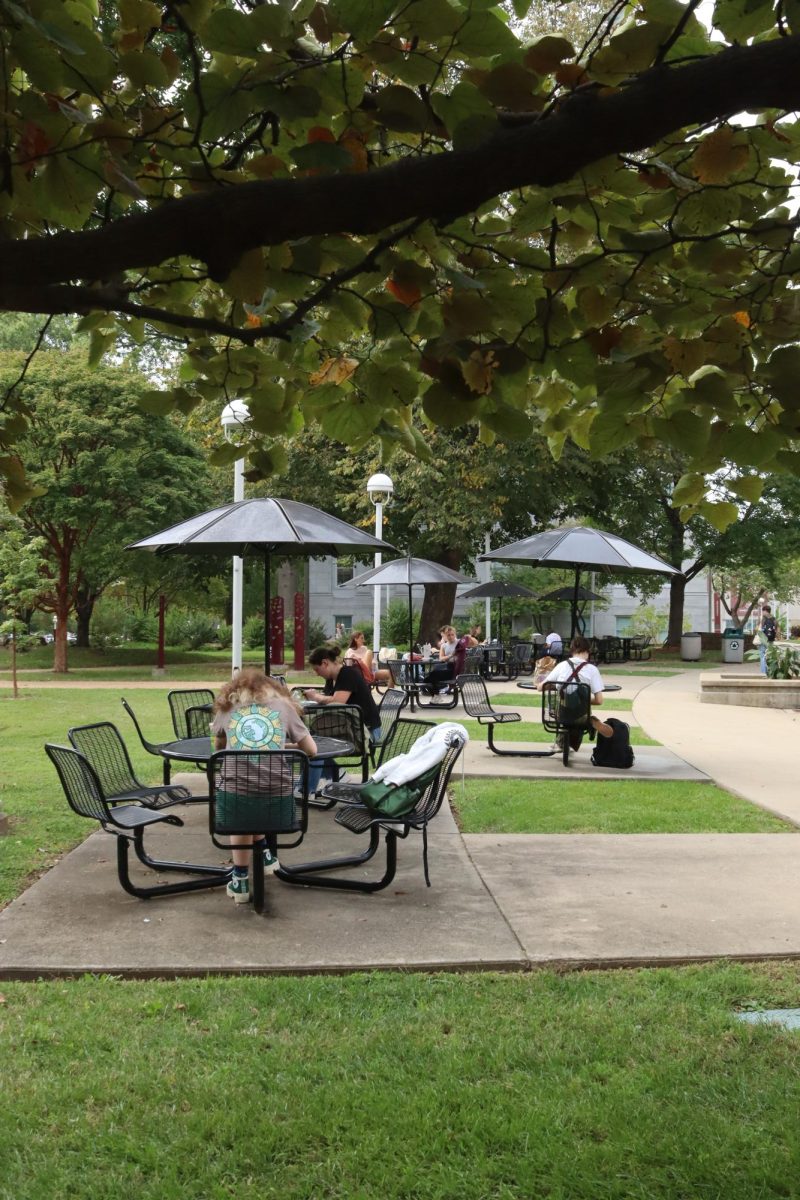Can’t Ignore It
March 3, 2023
Public support for men’s mental health has become a term surrounded by stigma. Junior Logan Biles has been an advocate for men’s mental health. He believes that women get more attention when speaking about mental health.
“The stigma around men’s mental health as compared to women’s is that men are inherently seen as the stable, grounded members of society,” Biles said. “They think logically rather than emotionally and that has created an uncomfortable environment when it comes to men seeking help.”
Licensed counselor at Acceptance Counseling Alison Gragson believes the phrase “Toxic Masculinity” has a negative view on how men are perceived.
“Society has for a long time come from a lot of hardship and I think there are a lot of societal norms of what a man is supposed to be and act like,” Gragson said. “…I think that we are turning a corner and trying to get all of this to normalize the other thousands of emotions human beings experience for men–especially that it is okay to cry, it is okay to be sad, it is okay to be afraid [and] to be worried–It is okay to be these things and still be strong and be brave.”
Freshman Reznik Crawford has battled with his mental health since sixth grade. Two years ago, Crawford lost his close friend, Jake Johnston, to suicide and believes it was a turning point in not only Crawford’s life, but the community around him.
“Whenever [Johnston] died, it was difficult on the whole school [Nixa Junior High] and you can see it on the students’ and teachers’ faces,” Crawford said. “The whole school was quiet, everything felt different.”
The non-profit organization 4Jake was created in Johnston’s honor and made to bring light to students’ mental health. While many students felt fortunate for that organization, Crawford wishes that school could be a more trusting place for students.
“School could be an escape from my life,” Crawford said. “If they acknowledged the fact that the kids in the school are affected by their mental health, then school could be a place for people to actually enjoy and not dread.”
When finding ways to cope with stress, one’s surroundings can be a major factor.
“I try to help myself by being by myself,” Crawford said. “I have attended counseling for about two years, I work out in my room [and when] I get to go to Canada and go snow skiing, I can be by myself and enjoy the cold.”
Gragson understands how men also suffer through their own mental health struggles which can go unnoticed because of the pictures society has painted around men and weakness.
“Support is there for [men, although] maybe they sometimes might feel less support with their guy friends because of that concept of how we are teaching what masculinity is,” Gragson said. “I imagine it doesn’t feel as welcoming for men due to the fact that they are so normalized to keep things inside or to not talk about it, to where men receive less support because they feel like they will be judged by it.”
Regardless of the possible stigma, Biles has found resources that have helped him and hopes they will help other men who may be struggling.
“I just think that like me, many are too afraid to reach out and seek help,” Biles said. “So creating an environment where people feel safe to do so is very important. These resources have included friends and even some teachers that I have found comfort in talking to. And I just think in general, people need to be more accepting and receptive to cries for help so that that person can get access to those resources they need.”
Gragson hopes that young people can reach out and find those friends or groups that they can turn to so they can get the help they need.
“I encourage everyone to start looking at their mental health like how they look at their physical health,” Gragson said. “It is really about taking care of yourself and your brain is a part of that.”





